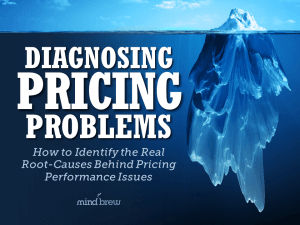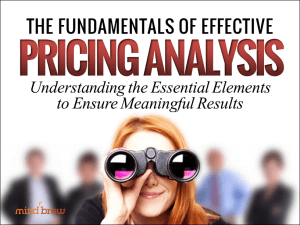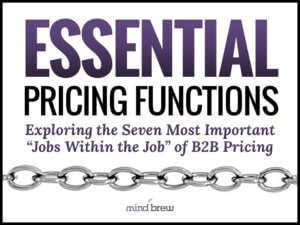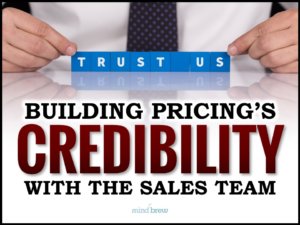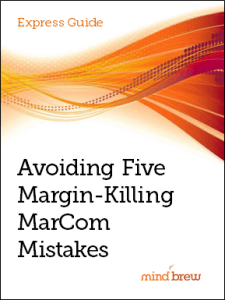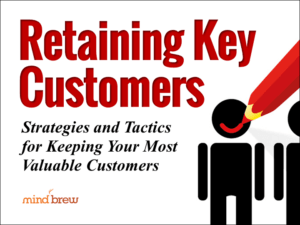Have you ever thought about what makes a really good proverb? Yeah, me neither. But off the top of my head, it seems that the truly great ones are timeless. Take this ancient proverb for example:
“In the land of the blind, the one-eyed man is king.”
While not being factual in any literal sense, of course, this proverb nevertheless speaks to an enduring “truth” of the human condition. As such, the underlying sentiment is as applicable today as it was centuries ago. And 500 years from now, I suspect that people like me will still be using this proverb to make a point.
Today, the point I want to make is about critical thinking…
The unfortunate reality is that in any business, the “land of the blind” tends to have a pretty large population. After all, when you take up residence in this land, you can eschew all critical thought processes and just accept everything at face value, jump to the most obvious conclusions, and find contentment in the simplest and most intuitive explanations for anything and everything.
So it’s a relatively comfortable place to live!
It’s just a not a very productive place to live. And because the stakes are really high and the consequences of being wrong are so significant, it also tends to be an extremely risky place to live. It’s a bit like sleeping in a recliner on the edge of a cliff—you’re very comfy right up to the second you make a wrong move.
In this reality, pricing practitioners can provide leadership and much clearer “sight” by simply being the critical thinkers in the room:
- While everyone else is jumping to obvious conclusions, you’ll entertain a much broader range of possibilities.
- Before rendering any good/bad judgments, you’ll ensure that the comparative basis is truly apples-to-apples.
- Instead of accepting certain things as being givens, you’ll question and validate the underlying assumptions.
- As others are quick to highlight proximal causes of problems, you’ll drill down to identify the true root causes.
- Rather than relying on intuition or yielding to feel-good emotions, you’ll be guided by the facts and the data.
- Though others prefer simplistic explanations and solutions, you’ll deal with the complexities that actually exist.
- And you’ll steer clear of “foolish consistency” and be willing to change your mind as new information and facts emerge.
Again, most people in an organization will be relatively uncritical in their thinking processes. After all, critical thinking only comes naturally to a small portion of the population and most people aren’t being taught critical thinking skills in school. As a result, critical thinking is very often an organizational capability gap—one that pricing people can help eliminate.
Now, it’s not always comfortable to be the critical thinkers in the room. And you certainly won’t get a crown or even a throne out of it. But as you help others in your organization make better decisions, you’ll not only improve overall performance and mitigate risks, you’ll become an increasingly valuable internal resource.
“In a sea of knee-jerk conclusions and simplistic solutions, critical thinkers are lighthouses of truth and reason.”
Eww. Yuck. It’s always hard to beat the original 🙂

